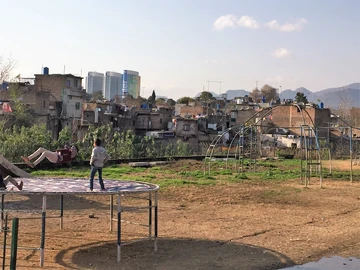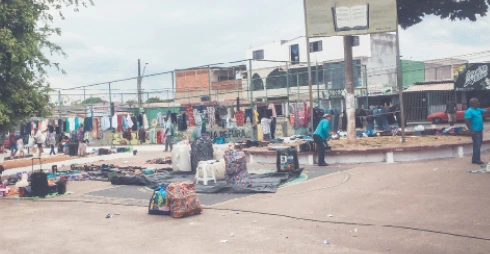Development discourse and the urban poor: A comparative study of the slums of Islamabad and Brasilia
September 15, 2020.
Islamabad and Brasilia are planned cities and the respective capitals of Pakistan and Brazil. As planned cities they were hailed as the embodiment of modernist urban development. According to Whitman Rostow’s (1960) envisioned stages of growth they were inevitable ‘model’ cities. Modernist planning believes blindly in the power of architecture to regulate and shape human societies across the globe, especially in the Global South (for example, India, Pakistan, Brazil, Kenya).
Dividing designs
In this way, modernist rationalities were presented and believed as scientific rationalities that should be accepted without any regard to local socio-economic realities. However, the growth and development of Islamabad and Brasilia show the dark side of urban development in the Global South blanketed by scientific rationality, a paternalistic state, and the semi-divine role of modernist planners and international development institutions. Although they were once considered the harbingers of the modernist promises of wealth and progress, the design of both cities laid the foundation for institutional discrimination and reified already existing socio-economic and political urban hierarchies.
The poor are trapped at bottom of spatial order
Based on extensive ethnography, in-depth interviews and archival research, I argue that the rise of slums in both cities shows that the urban poor are not only ignored in master planning but are also trapped at the bottom of the spatial order of the planned, polarized cities – a classic outcome of modernist planning eve-rywhere (India, Kenya, Brazil, Pakistan and the United States). Over time, using informality as the territorial logic of organizing urban space, the urban poor in both cities are subjected to socio-spatial discrimination by discursively constructing them as social deviants, e.g. through their categorization as the 3Ds (dirt, drugs, and danger). Along with the naturalization of market-forces, these discourses legitimize the continued marginalization of the urban poor in the socio-spatial hierarchies of Islamabad and Brasilia.
This article is from ZEFnews 41. To read the whole issue see https://www.zef.de/fileadmin/user_upload/ZEFnews_No_41_Webversion.pdf




